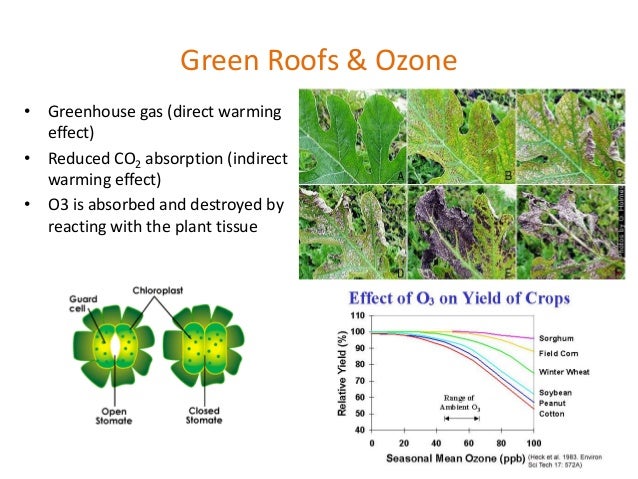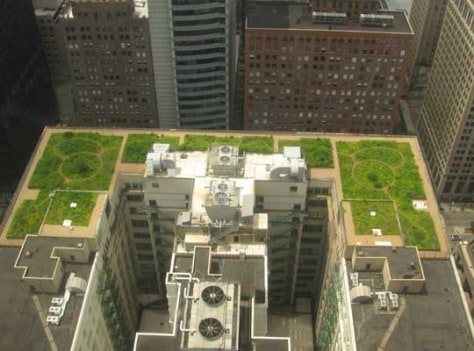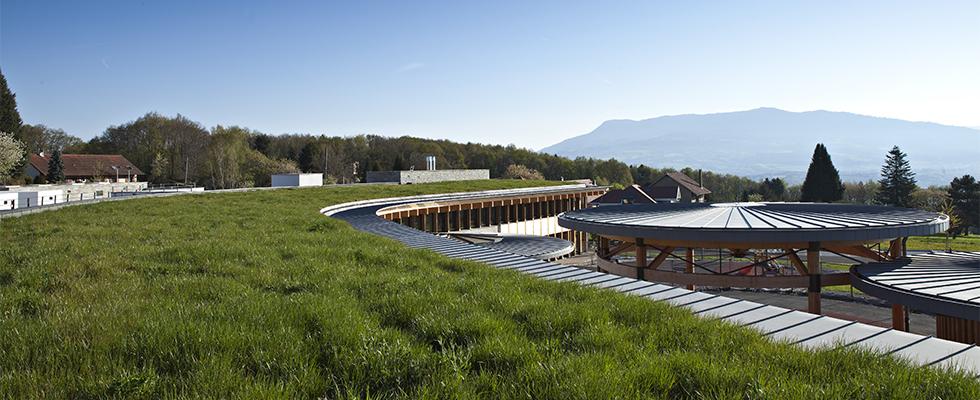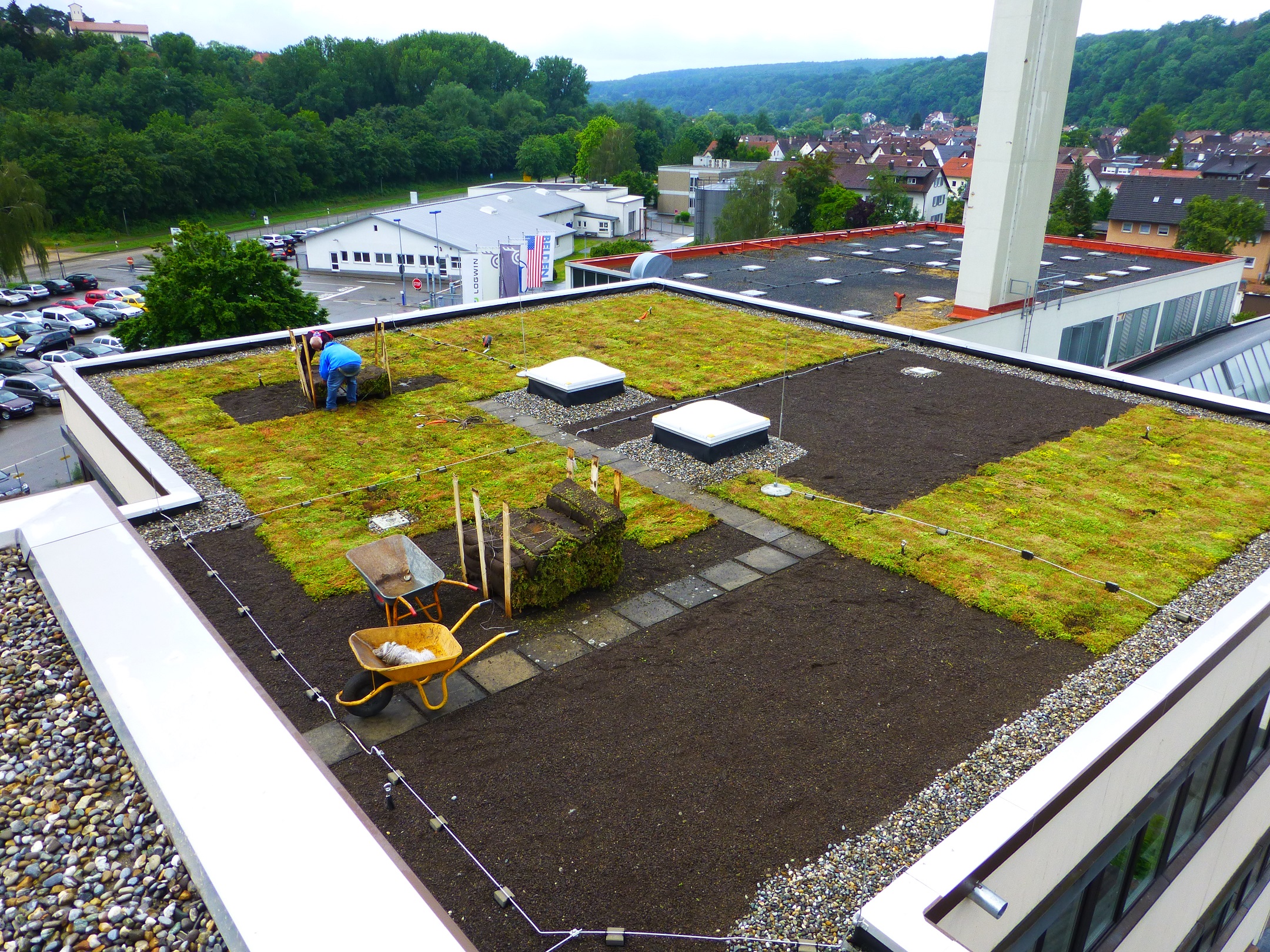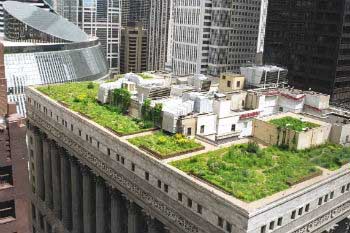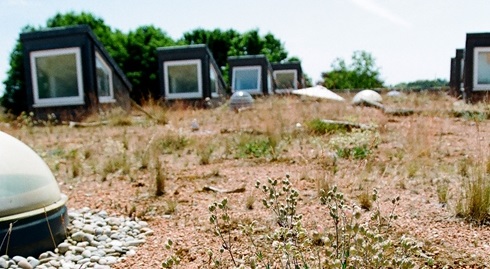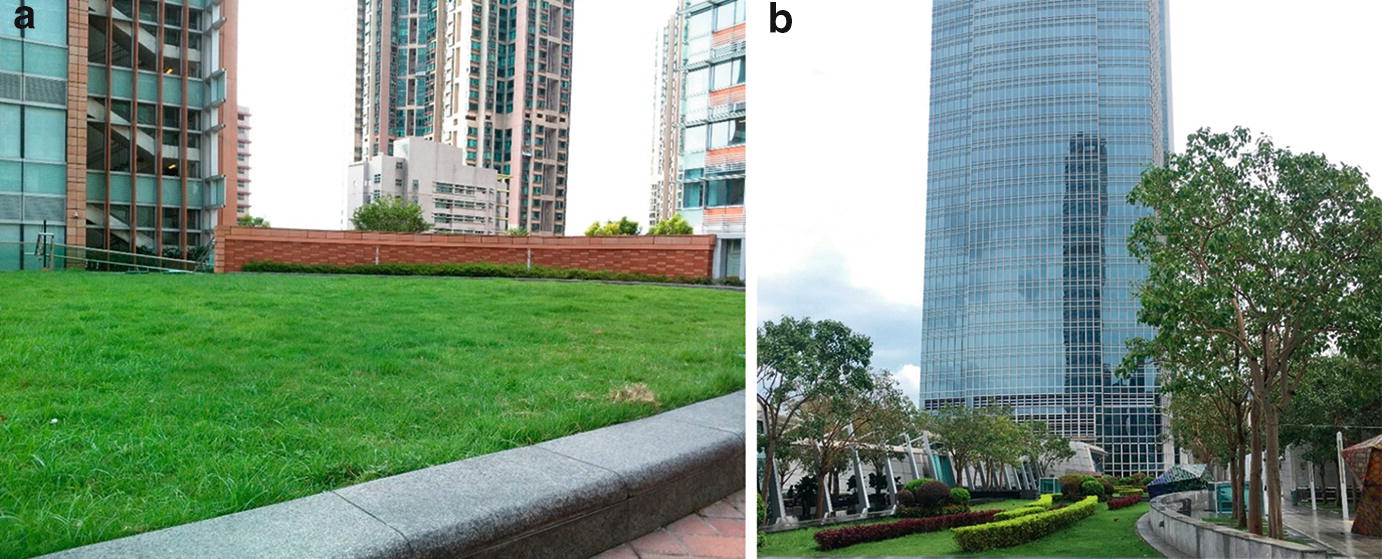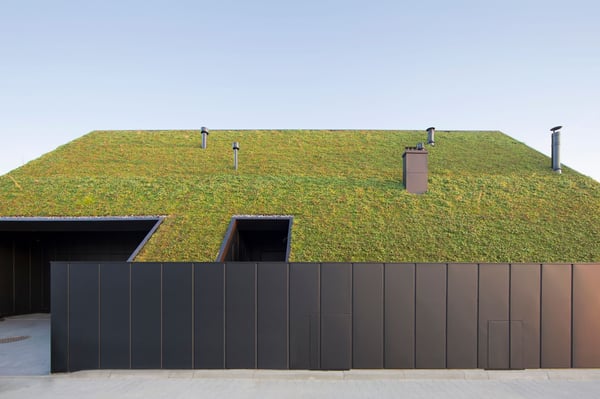Green Roof Co2 Absorption

30 ton year o2 production.
Green roof co2 absorption. By also accounting for absorption in the roots and growing medium the total absorption is assumed to be many times greater. 1 m type of earth growing media. Like any forested or vegetation covered area a patch of green on top of a roof should theoretically lower levels of carbon dioxide in the air as well. 52 kg day surface of forest.
Vegetation on a rooftop not only helps contribute to cooling roof underneath of building and absorbs carbon dioxide through plant photosynthesis but also increase a green space in an urban area li. 20 000 kg year total length of perimeter basins. Of 27 65 mol m2 s1 at 15 03 am then decrease to zero at 7 pm to maximum release of co2 at 22 34 mol m2 s1 at 0 03 am. Since the co 2 absorption rate under sunny condition is much greater than the co 2 emission rate at night the effect of the green roof on the ambient co 2 concentration in the daytime is much greater than the effect at night in summer.
The plants on a green roof convert atmospheric carbon dioxide a greenhouse gas into organic compound by using energy from sunlight. Experimental studies have shown that an extensive sedum roof can absorb approximately 1 2 kg of co 2 m 2 year in the plants themselves. The situation that sunshine irradiated directly on a green roof was simulated. If a city the size of detroit michigan with around a million inhabitants were to switch to green roofs it would remove as much carbon from the atmosphere as taking 10 000 mid sized suvs and.
Contribution to the reduction of air pollution. Removing carbon dioxide from the atmosphere. Plants breathe in the greenhouse gas like we. As specified by the type of greenery co2 absorption.
1 7 km depth of perimeter planting basins. The result show absorption start from 7 03 am when there is sunlight and rise to max. Winter green roofs insulate the upper floors of buildings and in the summer they cool buildings through shading and the process of evapotranspiration by plants. Transformation of co2 into o2.
For carbon dioxide uptake creeping daisy is a normal c3 plants who absorb co2 in the daytime and release co2 at night time.



